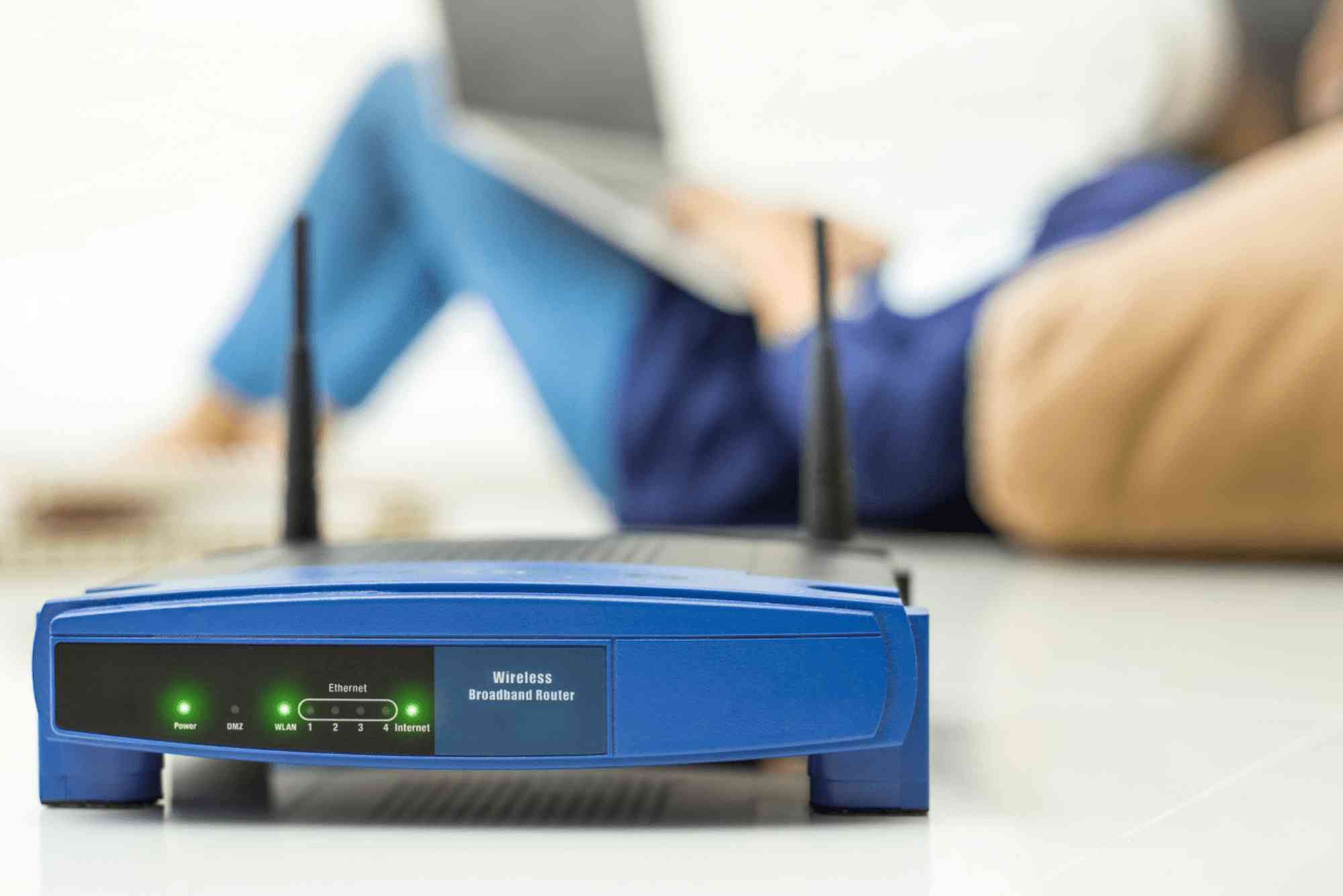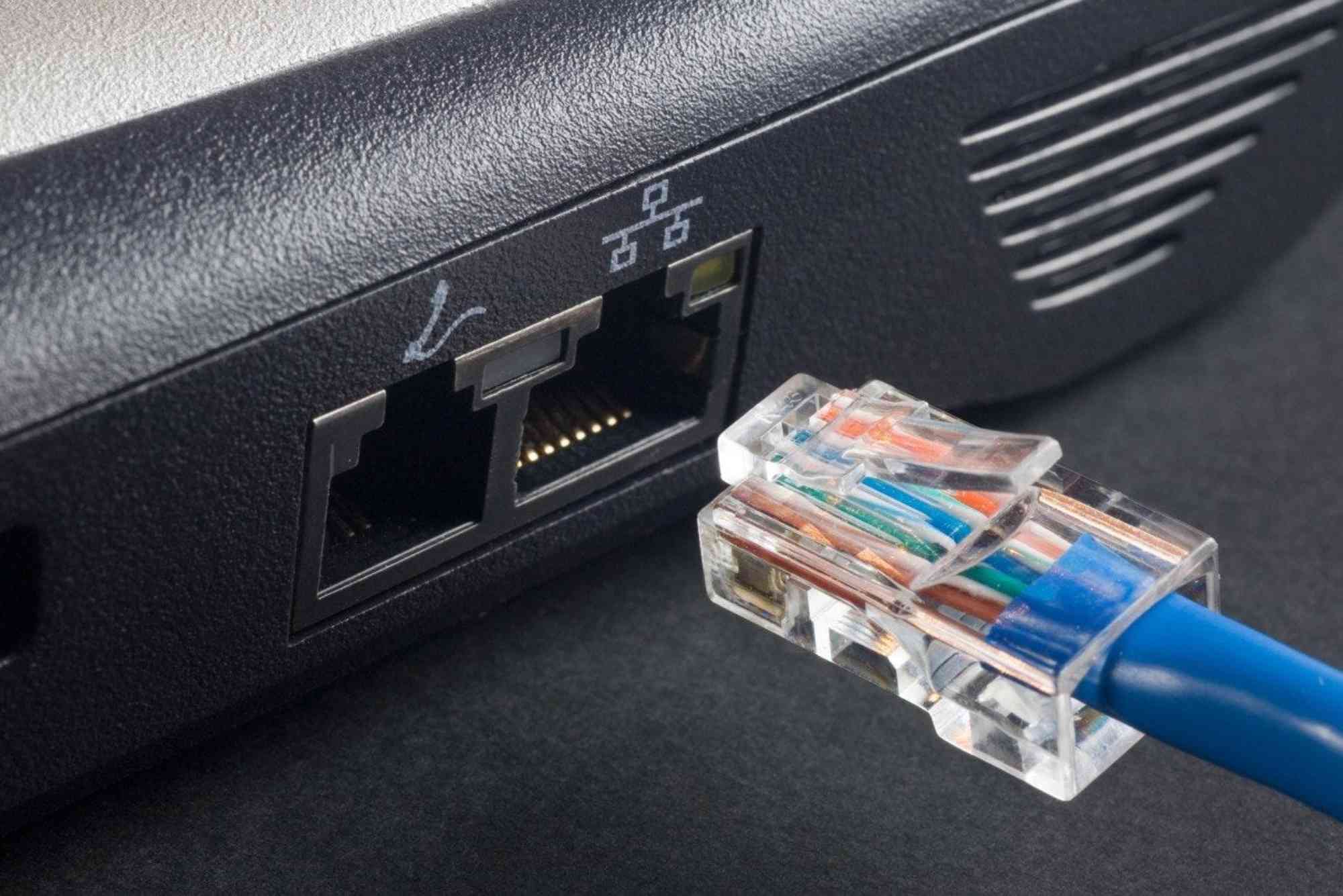What Is Router Mesh Compatibility and Should You Care?
Home and office internet users often struggle with weak Wi-Fi signals. Dead zones in corners, upstairs bedrooms, or large offices can be frustrating. This is where mesh networking comes in. But before investing, you may wonder: What is router mesh compatibility, and should you care?
Understanding this concept ensures you don’t waste money on devices that won’t work together. In this guide, we’ll explore router mesh compatibility, why it matters, and how to choose the right setup.
What Is Router Mesh Compatibility?
Router mesh compatibility refers to whether your router can work with other mesh Wi-Fi nodes to create a unified network. Mesh systems are designed to provide seamless coverage across your entire space by linking multiple devices together.
If your router isn’t mesh-compatible, it won’t integrate with additional nodes. Instead, you’d need to replace it with a mesh-ready system. Compatibility ensures all devices communicate, providing smooth handoffs as you move around.
Why Mesh Matters for Wi-Fi Coverage
Mesh networking eliminates weak zones by allowing each node to relay signals. Unlike traditional range extenders, mesh nodes talk directly to each other, offering more stability. This is especially useful in large homes or offices with thick walls.
How Does Mesh Compatibility Work?
Mesh compatibility depends on hardware, firmware, and software protocols. Modern routers often support mesh functions through:
Proprietary Systems
Brands like Netgear (Orbi), TP-Link (Deco), and Google Nest Wi-Fi use their own ecosystems. Compatibility is usually limited within the brand. For example, a TP-Link Deco won’t work with a Google Nest system.
Industry Standards
Some routers support the IEEE 802.11s standard for mesh networking. These can sometimes connect across brands. However, in practice, proprietary systems dominate the market.
Backhaul Options
Compatibility also depends on how nodes connect—via Wi-Fi backhaul, Ethernet backhaul, or both. For best performance, ensure your devices support the same method.
Why Should You Care About Router Mesh Compatibility?
Not caring about compatibility can result in wasted investments. Imagine buying a node only to find it doesn’t work with your router. That’s frustrating and costly.
Seamless Coverage
When compatible, a mesh system gives uninterrupted internet throughout your home. Devices automatically switch to the strongest node without drops.
Future-Proofing
Choosing a mesh-compatible router prepares your network for future upgrades. You can expand coverage as your needs grow without replacing the entire system.
Cost Savings
Investing in a compatible system saves money over time. You buy add-ons instead of a full new setup.
How to Check Router Mesh Compatibility
Before purchasing, check your router’s specifications or manufacturer’s website. Look for keywords like EasyMesh, mesh-ready, or supports mesh networking.
Common Compatibility Labels
-
EasyMesh: A Wi-Fi Alliance standard that allows cross-brand compatibility.
-
Brand-specific terms: Such as “Deco Mesh” (TP-Link) or “AiMesh” (ASUS).
If your router doesn’t mention mesh, it likely isn’t compatible.
Should You Upgrade to a Mesh-Compatible Router?
If you live in a small apartment, a traditional router may be enough. However, for larger homes, offices, or multi-story spaces, mesh compatibility becomes vital.
When Mesh Makes Sense
-
Homes over 2,000 square feet
-
Houses with thick concrete walls
-
Offices needing uniform Wi-Fi
-
Families with multiple devices streaming at once
Upgrading ensures smoother connectivity, fewer complaints, and a more reliable digital experience.
Alternatives if Your Router Isn’t Mesh-Compatible
If your current router isn’t mesh-ready, you have options:
Use Range Extenders
Less seamless but still improves coverage. However, speeds may drop.
Replace with Mesh System
The simplest way to ensure compatibility is to invest in a complete mesh system.
Choose ISP-Supported Solutions
Some providers offer mesh-compatible hardware. For example, Dhanote Internet Services provides tailored internet solutions that may include mesh-ready devices.
Benefits of Router Mesh Compatibility
Mesh compatibility brings several advantages:
Reliable Connectivity
You can move from room to room without dropped connections.
Simple Management
Most mesh systems come with mobile apps for easy monitoring and parental controls.
Scalability
Add more nodes anytime without reconfiguring your entire network.
Enhanced Security
Mesh-compatible routers often get faster updates, ensuring better protection.
Router Mesh Compatibility and EasyMesh Standard
The Wi-Fi Alliance introduced EasyMesh to standardize compatibility. Routers and nodes supporting EasyMesh can work together, regardless of brand.
Pros of EasyMesh
-
Flexibility across brands
-
Easier to expand your network
-
Reduces lock-in to a single ecosystem
Limitations of EasyMesh
Not all devices support it yet. Performance may vary across brands.
FAQs About Router Mesh Compatibility
Can any router be used in a mesh system?
No. Only routers designed for mesh networking or supporting standards like EasyMesh can join a mesh system.
Is mesh Wi-Fi better than a traditional router?
Yes, especially for larger homes or offices. Mesh systems offer seamless coverage and better performance than single routers.
Do I need to buy all mesh nodes from the same brand?
Usually yes, unless your devices support EasyMesh, which allows mixing brands.
Does mesh Wi-Fi slow down internet speed?
Not necessarily. In fact, it often improves performance by eliminating weak spots. Speed depends on placement and backhaul type.
How many mesh nodes do I need?
It depends on your space. A medium home may need 2–3 nodes, while larger spaces may require more.
Should You Care About Router Mesh Compatibility?
Yes—you should care about router mesh compatibility. It determines whether your internet setup can grow, adapt, and perform well across your space. Ignoring it risks dead zones, wasted money, and poor connectivity.
If your current router isn’t mesh-ready, consider upgrading or switching to a full mesh system. Reliable providers such as Dhanote Internet Services can help you choose compatible equipment tailored to your needs.
Ready to enjoy seamless Wi-Fi across your entire home or office? Check your router’s compatibility today and invest in a mesh system that keeps you connected everywhere.







